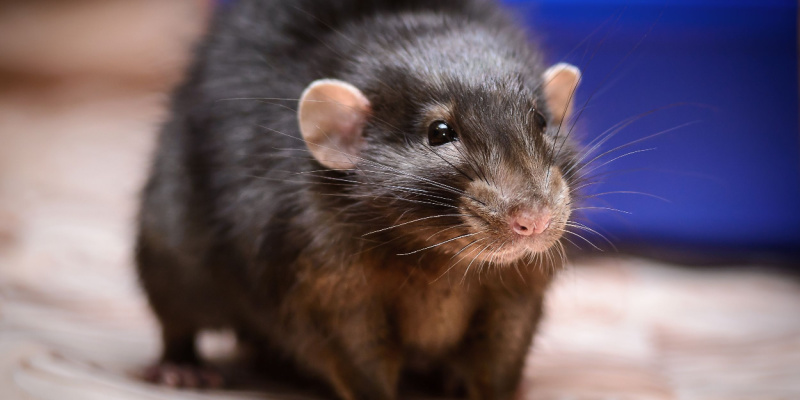Discovering a mouse infestation in your home can be unsettling. These small rodents not only cause damage to your property but can also pose significant health risks. If you find yourself facing a mouse problem in Tennessee, it’s essential to act swiftly and effectively. Here's a comprehensive guide to addressing a mouse infestation.
Step 1: Confirm the Infestation
First, ensure you're dealing with a mouse infestation. Common signs include:
- Droppings: Small, dark, and pellet-like, typically found in drawers, cupboards, or along baseboards.
- Gnaw Marks: Look for these on food packaging, furniture, or wiring.
- Nests: Made from shredded paper or other fibrous materials in secluded areas.
- Sounds: Scratching or scurrying noises in the walls or ceilings, especially at night.
Step 2: Identify Entry Points
Mice can enter through tiny openings. Inspect your home for gaps or holes, especially where utility pipes and wires enter. Look for cracks in the foundation, gaps in windows or doors, and vents. Seal these openings with steel wool, caulk, or other appropriate materials to prevent further entry.
Step 3: Clean and Declutter
Mice are attracted to food sources and nesting sites. Implement these cleaning strategies:
- Food Storage: Store food, especially grains and pet food, in airtight containers.
- Sanitation: Keep your kitchen and dining areas clean. Regularly dispose of garbage and avoid leaving out food.
- Declutter: Remove clutter from basements, attics, and garages. Mice use clutter to hide and build nests.
Step 4: Set Traps
Trapping is an effective way to remove mice. There are several types of traps:
- Snap Traps: Classic, efficient, and suitable for small infestations.
- Live Traps: Capture mice without killing them, ideal if you prefer a humane approach.
- Glue Traps: Less humane and not recommended due to their potential for suffering.
Place traps near walls, under sinks, and in hidden areas where mouse activity is noted. Bait traps with peanut butter, chocolate, or cheese. Check and reset traps daily.
Step 5: Consider Rodenticides
Rodenticides can be effective but should be used with caution due to the risks to pets and children. If you choose to use rodenticides, place them in tamper-resistant bait stations and follow the product’s instructions carefully.
Step 6: Natural Repellents
Some homeowners prefer natural methods. Peppermint oil, cayenne pepper, or clove oil can be used as deterrents. Soak cotton balls in these oils and place them in areas where mouse activity is noted. However, these methods are less proven and should be used as a supplement to other strategies.
Step 7: Ongoing Vigilance
After addressing the immediate infestation, maintain a vigilant approach:
- Regular Inspections: Regularly check for signs of mice.
- Maintain Sanitation: Keep your home clean and food securely stored.
- Seal Entry Points: Periodically inspect for new gaps or holes and seal them.
Step 8: Professional Help
For severe or persistent infestations, professional pest control services are recommended. Experts can provide a thorough assessment, effective treatment options, and advice for long-term prevention.
Step 9: Preventative Measures
To prevent future infestations:
- Exterior Maintenance: Keep your yard clean and trim vegetation away from your home’s exterior. Store firewood and debris away from your house.
- Trash Management: Ensure garbage bins are sealed and kept away from your home’s entry points.
Step 10: Educate Yourself and Others
Knowledge is a powerful tool. Educate yourself about mouse behavior and share this knowledge with neighbors and community members. A community effort in mouse prevention can significantly reduce the risk of infestations.
Dealing with a mouse infestation requires a multi-faceted approach, combining immediate action with long-term preventative strategies. By following these steps, you can effectively address the current problem and reduce the likelihood of future issues. Remember, the key to successful pest control is not just in the eradication but also in taking proactive measures to prevent mice from returning. For those facing severe or persistent problems, seeking professional assistance can provide peace of mind and ensure that your home remains safe and comfortable.

